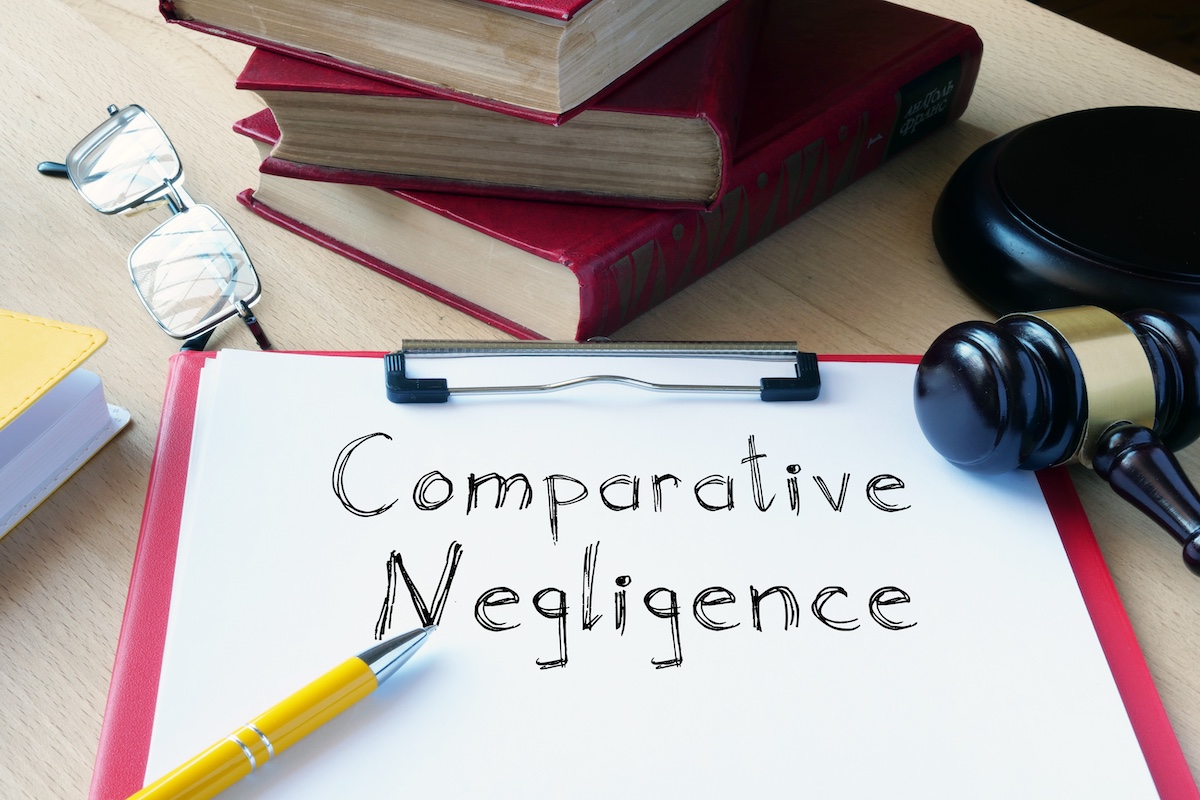
Attorney at Mueller, Schmidt, Mulholland & Cooling
Practice Areas: Insurance Bad Faith, Workers Compensation, Personal Injury

In Iowa, most personal injury victims have just two years to file a claim. Miss this strict statute of limitations and your right to compensation could be lost forever.
| Injury Type | Time Limit | Details |
| General Personal Injury | 2 years | Starts on the date of injury |
| Property Damage | 5 years | Longer duration than bodily harm claims |
| Wrongful Death | 2 years | Starts on the date of death, not the original injury |
| Medical Malpractice | 2 years, up to 6 years | More complex with discovery rules |
What is the purpose of the statute of limitations for filing personal injury claims?
The statute of limitations sets a deadline for starting the claims process. This ensures cases are brought while evidence is still available. Missing the statute of limitations almost always leads to a dismissed case.
A California woman received more than $8 million in damages after taking her car accident claim to trial. She was T-boned by another vehicle and suffered a traumatic brain injury that led to ongoing medical expenses. The majority of the award was designated for these medical expenses, but it included pain and suffering compensation as well.
This type of large award can make all the difference in receiving high-quality medical care and moving forward after a serious injury. However, a successful lawsuit is only possible when the injured party follows the required timeline and files their claim within their state’s statute of limitations.
Definition of Statute of Limitations
When someone is injured because of someone else’s negligence, the injured party has the opportunity to file a personal injury lawsuit. A personal injury claim can help someone get compensation for:
- Medical bills
- Lost wages
- Property damage
- Pain and Suffering.
While many people aren’t in the mental or emotional state to start a legal proceeding immediately after a serious injury, they need to keep the statute of limitations in mind. The statute of limitations describes the timeframe that an injured person has to file a claim against the party responsible for their injury.
- The statute of limitations sets a strict deadline for the injured party to start the process by filing their claim.
- The entire legal process doesn’t need to happen by this deadline, only the initial claim.
The statute of limitations in personal injury cases usually starts from the date of the incident that caused the injury, but there are some exceptions. Each state sets its own statute of limitations, so those who are preparing to file a claim need to be sure to understand their state’s requirements.
Different Types of Injuries and Corresponding Statues in Iowa

The general statute of limitations for personal injury claims in Iowa is two years from the date of the injury. This applies to injuries caused by:
- Car accidents
- Falls
- Defective products
- Other situations
Identifying the start date for a situation like a car crash or a fall is straightforward. The two-year period to file a claim starts from the date of the accident.
Product liability cases, in which a person is injured because of a defective item, also have a two-year limit. If the item malfunctioned and caused an acute injury, there will be a clear-cut date of injury.
Iowa does not give injured parties additional time to sue if they have a less obvious injury that isn’t discovered right away. The state also does not set a limit on how long the person can file a claim after purchasing the product.
Claims based on property damage rather than an injury have a longer statute of limitations of five years.
Wrongful death claims have the same two-year statute of limitations as other injury claims. However, it’s important to note that the two-year period starts from the date of the death, not the date of the initial injury. This can make a difference in the timeframe if a loved one doesn’t pass away immediately after an injury.
The statute of limitations for injuries caused by medical or other professional malpractice is more complicated. The two-year time limit is still in place, but it begins from the date that the problem was discovered or reasonably should have been discovered. In addition to the two-year limit, an injured person can only file a claim up to six years after the incident.
For example, if someone has surgery and discovers 10 years later that the surgeon committed malpractice and caused an injury, the statute of limitations has passed and the patient cannot file a claim. If a person suffered malpractice that caused an acute injury that was discovered right away three years earlier, they also would have missed the deadline to file a claim.
Get Your Free Consultation Now!
What Happens if You Miss the Deadline?
Filing a claim within the statute of limitations is essential for getting compensation. If someone files a claim after the statute of limitations has passed, the responsible party, called the defendant, will probably use this as a justification to ask to have the case dismissed.
- The court will almost always accept this motion and dismiss the case, unless there is a relevant exception that extends the time frame.
- Since missing the statute of limitations is almost always a guarantee that the injured person will lose their case, it’s essential to act quickly to understand legal options after an injury.
Exceptions to the Rule
There are a few exceptions that can change the timeline for filing a personal injury claim.
- First, if the person responsible for the injury leaves the state and loses their Iowa residency, the two-year time clock is paused while the defendant is not an Iowa resident. This means for instance that if an accident happened two years ago and the responsible person spent one of those years out of state, the injured person still has a year to file a claim.
The other major exception applies when the injured person is considered unable to file a claim because of age or mental disability.
- If someone is a minor while they are injured, they’ll have one year after they turn 18 to file a claim even if more than two years have passed.
- If a defendant is mentally ill, they have one year from the date that they are determined to no longer be disabled in which to file a claim.
There is also one specific exception for medical malpractice cases. If the injury is caused by the medical professional leaving a foreign object in the patient’s body, such as a tool used during surgery, there is no statute of limitations and the person can file a claim at any time.
Understanding the nuances of personal injury claims is crucial, especially when the circumstances of your case fall outside general expectations. For instance, if you or a loved one has been involved in a specific incident like a bicycle accident in Iowa, the approach to your claim may differ from standard procedures.
Similarly, injuries sustained in unique environments, such as those from a child’s playground injury, require a specialized understanding of liability and negligence. Beyond the physical injuries, the emotional trauma following an accident can be profound, and seeking compensation for emotional distress is a right that shouldn’t be overlooked.
As you navigate through the complexities of your claim, knowing the potential injury claim damages can be instrumental in ensuring you’re adequately compensated.
Moreover, dealing with insurance companies can be daunting, and understanding how to negotiate an insurance settlement effectively can make a significant difference in the outcome of your case.
The statute of limitations for most personal injury claims in Iowa is two years, and it’s important for people who have been injured to be aware of this deadline and its exceptions. Filing within the acceptable time frame is the first step to presenting a strong case.
Contact or call us at 515-444-4000 as soon as possible for a free consultation.
Categories

Providing Unmatched EXPERIENCE On Your Case When you find yourself in a situation where you’ve been treated unfairly or you’re in the middle of a legal disagreement, it can be difficult to know what your rights are and how to proceed.







